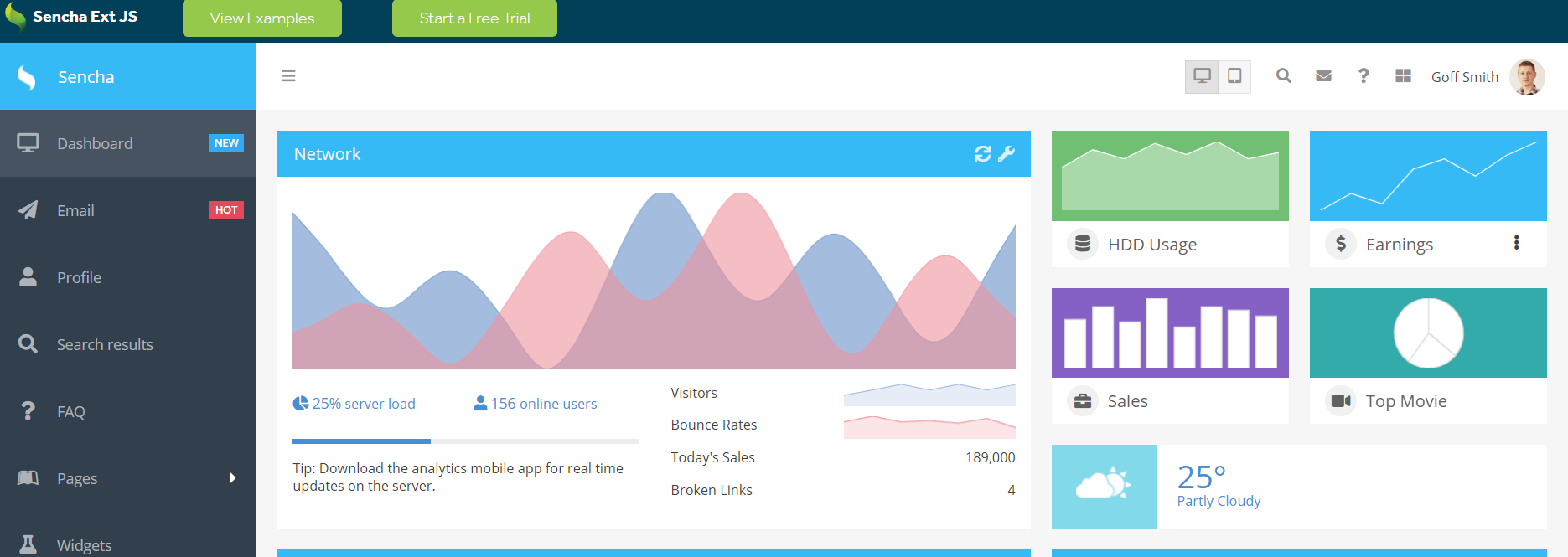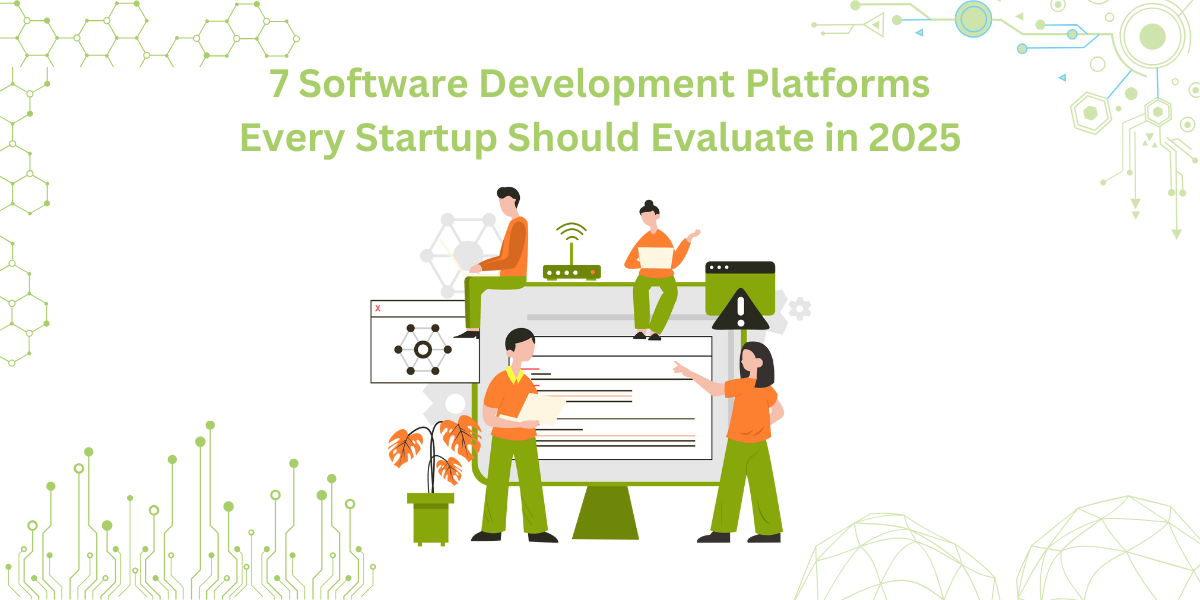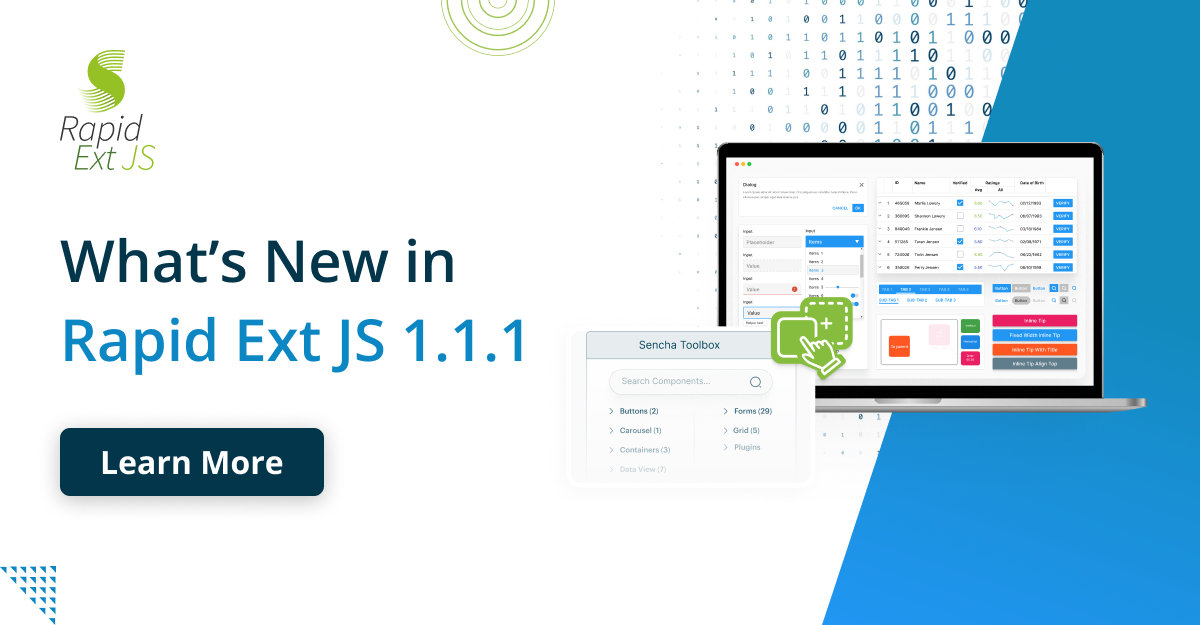Source Code: Examples Of Enterprise Applications
In today’s competitive world, businesses must manage the data produced by different departments effectively. However, as your company grows, the complexity of business processes and operations increases, and managing them manually can be time-consuming and expensive. For example, enterprises have various systems for operations like inventory management, maintaining customers’ databases, order processing, etc. However, the data flow between these systems is usually limited, resulting in delayed data transfer and financial losses. This is where you need enterprise application integration that connects different departments handling different operations of a company, automates data transmission, and improves data management. Some examples of enterprise applications include enterprise Dynamics 365 (resource planning (ERP) system), WordPress (content management system), BambooHR (Human resources management system), etc.
From big companies, such as Fortune 500 companies, to governments and large NGOs, many big organizations today use enterprise software applications. As a result, enterprise web application development is on the rise.
In this article, we’ll discuss what enterprise application software is and show you some examples of enterprise applications. We’ll also show you the best way to build enterprise apps or enterprise software.
What Is An Enterprise Application?

An enterprise app is a large software system designed to fulfill the requirements of a big organization. While consumer apps solve the problems of consumers, enterprise apps are specifically designed for large organizations. They help solve business problems and issues and streamline various operations. There are several different types of enterprise software apps, and each app comes with its own set of functions and tools to perform a specific business operation. For example, enterprise apps help with enterprise resource planning (ERP), customer relationship management (CRM), marketing automation, business intelligence, Human resource management (HRM), project management, and more.
These modern apps are built to sync or integrate with other enterprise apps, automating and simplifying the everyday tasks and activities of businesses. As a result, enterprise solutions enhance productivity and reduce human intervention. Additionally, they enable workflow automation and minimize the complexities of big projects.
What Are The Characteristics Of Enterprise Applications?
Some of the key characteristics of an enterprise system application:
- An enterprise app is a specialized software that can process complex data and information. From data management to automation, enterprise apps cover a wide range of tasks and manage the complex day-to-day tasks of an organization.
- Enterprise application integration makes accessing and extracting stored business and customer data quick and easy.
- Enterprise apps improve data integrity and quality. Additionally, they streamline data transfer and information exchange so that business teams can share information in real-time.
- These apps connect different departments of a company. Hence, organizations don’t have to rely on manual data sharing, which can result in delayed data transfer.
- Enterprise apps can be customized solutions, and they can be adapted to the specific needs and requirements of a company. Hence, they help improve efficiency and productivity. Additionally, these apps can be used across several networks.
- These apps are designed for speed and scalability. Additionally, enterprise apps are highly secure with several layers of protection, such as encryption, two-factor authentication, and multiple user roles.
- Enterprise apps are mostly web apps. However, sometimes they are also designed as mobile apps, depending on the needs of the company.
What Are Different Types Of Enterprise Apps?
Enterprise apps help businesses automate internal processes and operate more efficiently. Some companies have an existing enterprise app and existing tools for a process, or they can get a new one to facilitate the process. Here are some examples of enterprise applications and systems:
Automated Billing Systems
An accounting or billing system manages cash flow. These applications keep tabs on the budget and profitability of a company. Without accounting system integrations, it would be pretty challenging for businesses to track their expenses and profits. An example of an automated billing system is Sage Intacct.
Business Intelligence Apps

Business Intelligence systems, such as Funnel, help with data retrieval, analysis, and transformation, allowing executives and managers to make well-informed business decisions and future plans.
Customer Relationship Management (CRM) Software

A CRM system, such as Salesforce, helps businesses gather, organize and manage information related to customers and clients. As a result, customer relationships management apps help with customer retention and lead acquisition. Some basic CRM features include workflow automation, lead management, real-time data, and email integration.
Enterprise Resource Planning (ERP) Systems

ERP software helps businesses manage and integrate all the key processes on a single system. These apps help with resource planning and make it easy for different departments to communicate and share data and information. An example of an ERP solution is SAP ERP.
HR Management Systems
Companies use HR systems to store, process, and report employee information easily and efficiently. For example, HR systems monitor and provide insights on recruitment, staff scheduling, training, etc.
Supply Chain Management (SCM) Systems
SCM apps help with the continuous flow of supplies needed for steady production and delivery. An SCM system enables enterprises to collect and manage information related to manufacturing, logistics, procurement, etc. and improves supply chain visibility.
Marketing Automation Systems

Marketing systems assist companies in converting leads into happy customers. They help with targeted marketing campaigns and allow enterprises to automate communications through emails, Google ads, and social media. Additionally, they help measure the performance of marketing campaigns.
Why Do You Need Enterprise Software?
Enterprise apps help boost productivity and improve efficiency. Hence, they can prove to be valuable for expanding businesses. These apps optimize business processes and also improve the dynamics of customer interactions. Additionally, they connect different departments of a big organization by enabling data sharing and two-way communication.
What Are Some Examples Of Enterprise Applications?
Here are a few examples of enterprise applications built using Sencha Ext JS, the leading JS framework:
Icube
EVA is an Icube’s production monitoring and data collection application that uses Ext JS. It is linked with industrial machines and collects manufacturing information based on specific events, such as valve openings, temperature, etc.
HISCOM
HISCOM has implemented a high-efficiency AI-based vending machine platform with the help of Sencha Ext JS and Embarcadero’s RAD Studio. It can help cut down on working hours, lower fuel costs, and standardize field operations.
Kaseware
Kaseware’s intelligent, cloud-based investigative platform for stopping transnational crime uses the Ext JS framework and components. By using this software, Kaseware can trace unlawful activities.
Hospital Aleman
This efficient Ext JS-based home medical-visit system is helpful in managing patient treatment at home. The system consists of two parts: a web app for hospital management and a mobile app for healthcare professionals conducting visits.
Ready To Build Your Organization Enterprise Solution With Sencha?

Sencha Ext JS is a powerful JavaScript framework for creating data-intensive, enterprise-grade web and mobile applications for any modern device. It streamlines the stages of the Software Development Lifecycle, giving a tailored developer experience.
Ext JS offers more than 140 common UI components, such as buttons, grids, a pivot grid, dropdown lists, progress bars, an HTML5 calendar, charts and graphs, and much more. Additionally, there are several extensions available from the Sencha community. Hence, Sencha Ext JS helps accelerate web application development. Ext JS also comes with a layout manager that allows users to manage and control the display of data and components across several devices, browsers, and screen sizes. Additionally, its responsive config system enables app components to adapt to a particular device orientation, such as landscape or portrait.
Sencha Ext JS also comes with several supporting tools, such as Sencha Cmd, Sencha Architect, Sencha Test, Sencha Stencils, Sencha Themer, and more.
Conclusion
An enterprise app is a large software application that solves business problems and streamlines complex business processes. These apps connect different departments of a company by enabling efficient data transfer and two-way communication. Additionally, enterprise software helps expand business by boosting productivity and efficiency. Examples of enterprise application systems include CRM, ERP, accounting, project management tools, SCM, and HRM systems. If you’re looking to build your own enterprise app, you can use a JS framework like Sencha Ext JS.
Frequently Asked Questions (FAQs)
What Is enterprise software?
An enterprise application is software that fulfills the requirements of a big organization.
What are some examples of enterprise applications?
Some examples of enterprise applications include Salesforce, WordPress, Sage Intacct, and Oracle SCM.
What are the benefits of enterprise software?
Enterprise software manages the complex day-to-day tasks of an organization and enables extensive automation. They also help connect different departments of a company.
Start using Sencha Ext JS today and build high-performance enterprise apps quickly!

Did you know that nearly 90% of startups fail? And one of the biggest reasons…

The Sencha team is excited to announce the latest Sencha Rapid Ext JS 1.1.1 release…

React is perhaps the most widely used web app-building framework right now. Many developers also…









